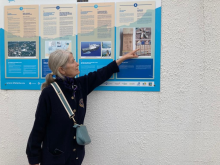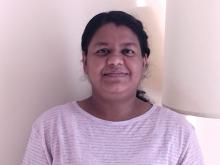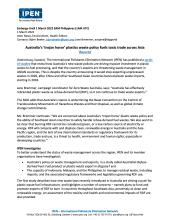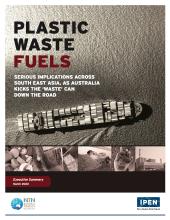Science-Policy OEWG-2 Interventions
Opening Intervention
Presented by Sherika Whitelocke-Ballingsingh, Caribbean Poison Information Network, December 11, 2023
Thank you, Madam Chair.
I am from CARPIN in Jamaica, my name is Sherika Whitelocke-Ballingsingh, speaking on behalf of IPEN, an international network of over 600 civil society organizations from 127 countries.






